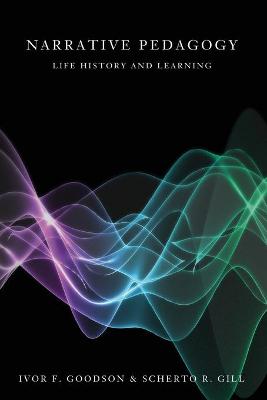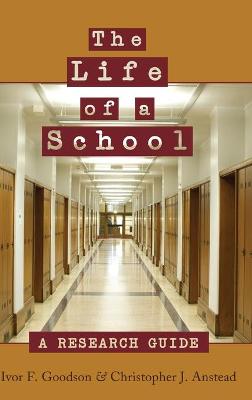Counterpoints
2 primary works
Book 386
It is widely recognised that we are living through an 'age of the narrative'. Many of the constituent disciplines in the social sciences resonate with this trend by using life history and narrative approaches and methods. As we move on from the modernist period which prioritised objectivity into the postmodern regard for subjectivity, this resort to narrative is likely to become more apparent and explicit in academic as well as social and commercial discourse.
One aspect of this narrative form which is commonly overlooked is that of the pedagogic encounter. This is the phenomenon which is addressed by all narrative and biographical research. Fundamentally reflecting and examining the narrative of our lives in the process of learning, this book provides a series of studies and guidelines for what we have termed 'narrative pedagogy.' It presents a resource for an exploration of those narrative processes that can lead to meaningful change and development for individuals and groups within a learning environment and in life-learning. This focus on life history allows us to identify and support routes to learning within the narrative landscape of learners and through these pedagogic encounters.
One aspect of this narrative form which is commonly overlooked is that of the pedagogic encounter. This is the phenomenon which is addressed by all narrative and biographical research. Fundamentally reflecting and examining the narrative of our lives in the process of learning, this book provides a series of studies and guidelines for what we have termed 'narrative pedagogy.' It presents a resource for an exploration of those narrative processes that can lead to meaningful change and development for individuals and groups within a learning environment and in life-learning. This focus on life history allows us to identify and support routes to learning within the narrative landscape of learners and through these pedagogic encounters.
Book 423
In the past decade or so, there has been an increasing interest in employing a combination of archival and life history methods to understand the complexities of schooling. This book explores the history of the Beal Technical School in order to discuss the methods and problems involved in researching the story of an institution. It offers the scholar and practitioner a series of practical guidelines and examples for doing such research. At the same time, it includes elements of the history of a case study, leading to an extended discussion of complex issues of representation that will be of interest to both the new and the more experienced educational researcher. This book is a critical tool for a variety of education historians and researchers.

